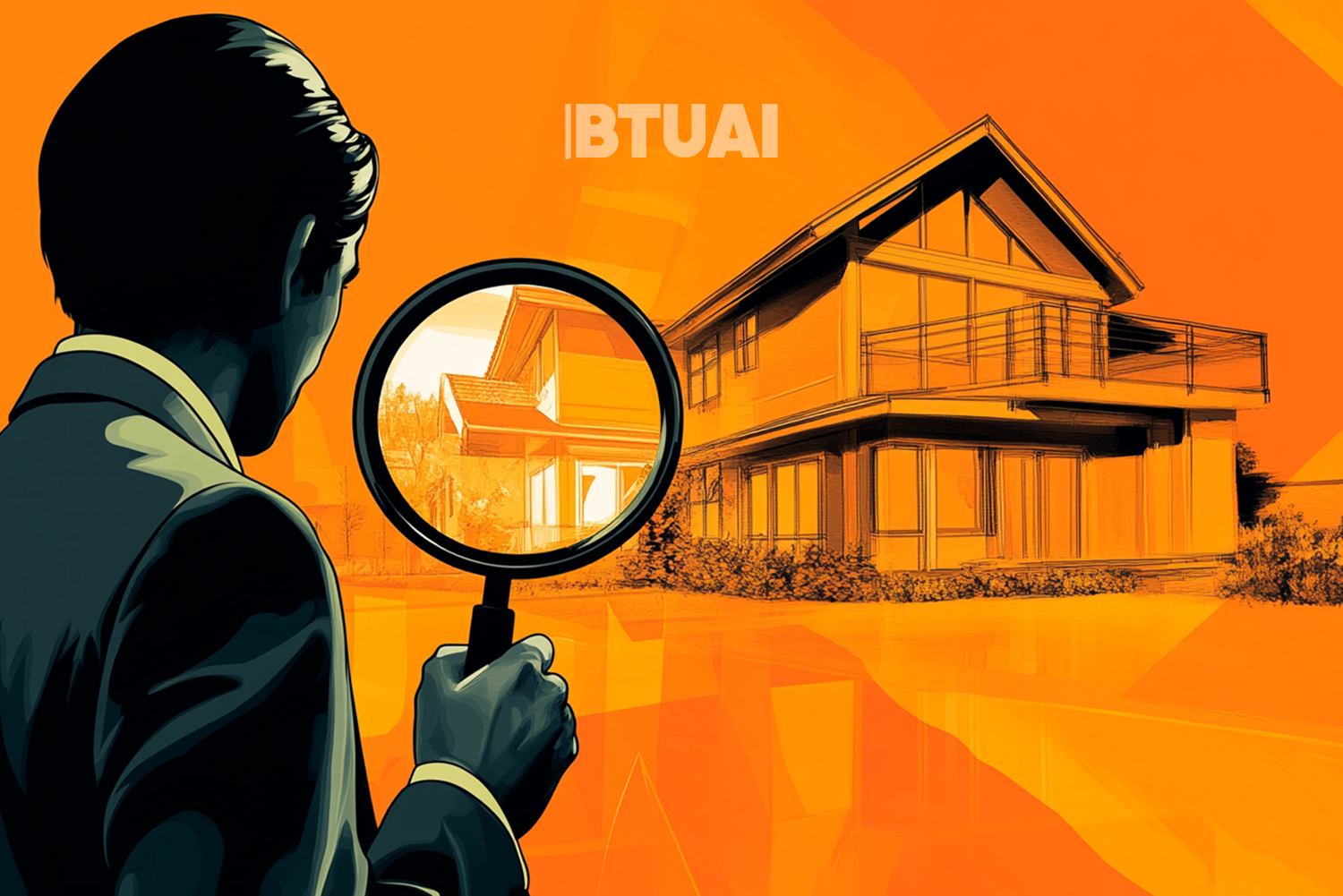What You Need to Know When Buying Real Estate
Purchasing real estate is one of the most significant decisions involving substantial financial and legal commitments. In Georgia, the

Purchasing real estate is one of the most significant decisions involving substantial financial and legal commitments. In Georgia, the real estate market is growing, offering increased accessibility and a variety of options. However, to ensure that your investment is both profitable and secure, certain key factors must be considered.
First, define your needs and budget. Before buying property, it’s crucial to understand its purpose—whether it’s for living, investment, or commercial use. A residential property has different requirements than a commercial space. When determining your budget, account not only for the property’s price but also for associated costs, such as legal fees, state taxes, renovations, or furnishings.
Location is a critical factor in Georgia’s real estate market. It influences not only the comfort of living but also the potential appreciation of the property’s value. For instance, in Tbilisi, properties in central districts are more expensive but easier to sell or rent. In contrast, regional properties are cheaper, but their value growth often depends on economic and infrastructural development in the area.
Checking the legal status of the property is essential. One of the first steps in buying real estate in Georgia is verifying its status in the public registry. Ensure that the property is not under legal dispute or subject to liens. Also, confirm that the seller is the legitimate owner and that there are no outstanding mortgages or other encumbrances. Engaging a legal consultant is often necessary to avoid potential legal complications.
The property’s technical condition is another important consideration. If buying an already built property, hire a specialist to inspect the quality of construction, including the condition of the roof, foundation, electrical systems, and plumbing. If it’s part of an ongoing construction project, research the developer’s history and reputation. There have been instances in Georgia where construction projects were delayed or poorly executed, so choosing a transparent and reliable developer is crucial.
Negotiating the price and payment terms is an integral part of the buying process. In Georgia, it’s common to negotiate the price, especially if the property has been on the market for a while. Research market prices beforehand and avoid making unrealistic offers. Payment terms depend on the agreement between you and the seller. If using a bank loan, compare loan conditions and interest rates across different banks to choose the most favorable option.
Consider all additional expenses. When buying real estate in Georgia, there are extra costs such as notary fees, registration fees in the public registry, and bank commissions. If the property requires renovation, factor this into your budget as well. Remember that the total cost is often higher than initially anticipated.
After purchasing, focus on property management. If the property is for investment and you plan to rent it out, you may need management services, especially if you don’t live near the property. In Georgia, there are agencies that provide property management services, helping you save time and resources.
Finally, take your time when making a decision. Thorough market research and detailed analysis can help you avoid unexpected challenges and ensure that your investment is both secure and profitable. The Georgian real estate market has significant potential, but making informed decisions is crucial to fully align with your needs.




